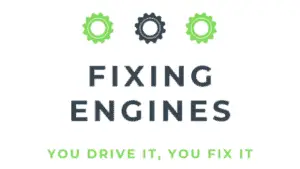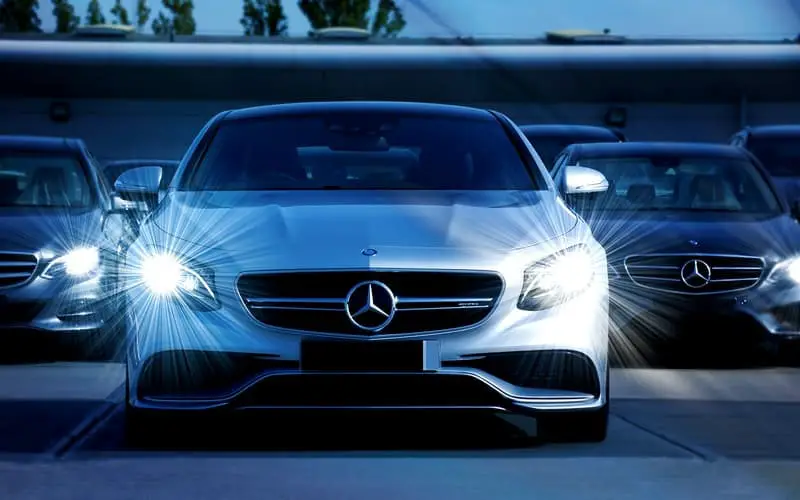For many car owners, their cars are investments as well as a means of personal transportation. Many people choose to buy cars not based simply on what they offer at face value but based on how well that car will retain its value over the years and whether they’ll be able to recoup more of their initial investment when they decide to sell it.
In general, it’s very rare for cars to appreciate in value unless they are rare or collectible vehicles. Most cars tend to depreciate over time; however, some cars depreciate much more slowly than others, and certain cars will actually appreciate in value after enough time has passed.
Today we’ll definitely go over some of the reasons why cars either appreciate or depreciate, and we’ll also give you a few examples of cars that are currently appreciating in value.
Why Do Cars Depreciate?
There are really a lot of factors that can cause a car to depreciate as time passes. These factors include the car’s specific make and model, the mileage, the car’s reliability, the mechanical/electronic complexity of the car, and even the car’s color.
Therefore, if you have, for example, a high-mileage, mechanically complex car that is known for being unreliable, it will almost certainly depreciate more than a low-mileage, reliable, mechanically uncomplicated car. In general, though, most cars depreciate by about 15-20% of their original value within the first year of being bought.
What Cars Hold Their Value the Best?
The types of cars that retain more of their value over the years tend to be reliable, practical, and don’t require a lot of expensive maintenance. Expensive luxury vehicles and sub-compact cars tend to lose the most value, while pickup trucks and SUVs tend to hold on to more of their original value.
A 2017 report from the Kelley Blue Book lists the top ten cars with the best resale value sold in North America; of those ten cars, nine of them are either trucks or SUVs. These vehicles tend to retain more of their value because they’re the most popular vehicles to own overall and because trucks and SUVs are generally regarded as more durable and reliable than other types of vehicles.
What Makes Cars Go Up in Value?
It’s pretty rare for any car to go up in value; usually, the best you can hope for is that your car will depreciate at a slower rate than normal. However, there are occasions where certain cars will stop depreciating and start appreciating in value after enough time has passed.
Usually, the types of cars that go up in value are cars that are especially desirable or collectible. These might be cars that offer certain features that weren’t available in later cars or cars with interesting and unique design cues that aren’t being replicated today. These may also be cars that are particularly rare for one reason or another.
It’s incredibly hard to predict in the present what cars will appreciate in value in the future. By carefully observing the current trends in the car industry and doing your research, you might be able to surely get an idea of which current cars will be worth more in a decade or two, but there are never any guarantees.
Cars Currently Appreciating in Value
While it’s difficult to predict what cars will start appreciating in the years to come, it’s pretty easy to find out what cars are currently going up in value. Here are just a few examples of cars whose values have been steadily climbing in recent years.
The Honda CRX is a great example of a car that didn’t cost very much when it was new but in later years has been appreciating in value due to renewed interest from car enthusiasts. When new, the CRX costs around $10,000, but these days, low-mileage CRXs in good condition often sell for around $20,000, particularly the top-of-the-line Si versions.
The E46 BMW M3 is another car that is currently appreciating in value after a long period of depreciation. The E46 M3 is pretty iconic at this point; it’s also the last M3 to use a naturally aspirated inline-6. Prices for used E46 M3s are still pretty low overall, so if you happen to find one that’s still in good shape, it’s definitely worth the investment.
One other example of a car that has begun to appreciate in value is the Datsun 240Z. When the 240Z launched in 1970, it cost around $3,500 (the equivalent of about $25,000 in today’s money). These days, well-kept 240Zs can sell for over $40,000, and even well-used ones still usually go for about $15,000-$20,000. The 240Z’s sleek, distinctive styling and reliable engine make it particularly attractive for car enthusiasts.
How Fast Do Cars Depreciate?
The rate at which cars depreciate is a little weird and doesn’t follow a linear trajectory. We’ve already mentioned that cars lose around 20% of their original value within the first year after buying them; however, half of that value loss occurs within the first month after buying.
In subsequent years, cars can depreciate in value by anywhere between 10%-25% per year, depending on various factors. Therefore, a five-year-old car will probably be worth only about 40% of its original value on average.
Final Thoughts
Cars don’t normally appreciate in value; in most cases, the best you can hope for is that your car will depreciate a bit slower than the rest. Even if your car is likely to appreciate at some point, it can take years (if not decades) before that begins to happen.
When purchasing a car as an investment, it’s never a sure thing that it will pay off in the end. Still, if you follow the market trends and spend your money wisely, you might get lucky and definitely end up with a car that will shoot way up in value, should you happen to own it for long enough.

